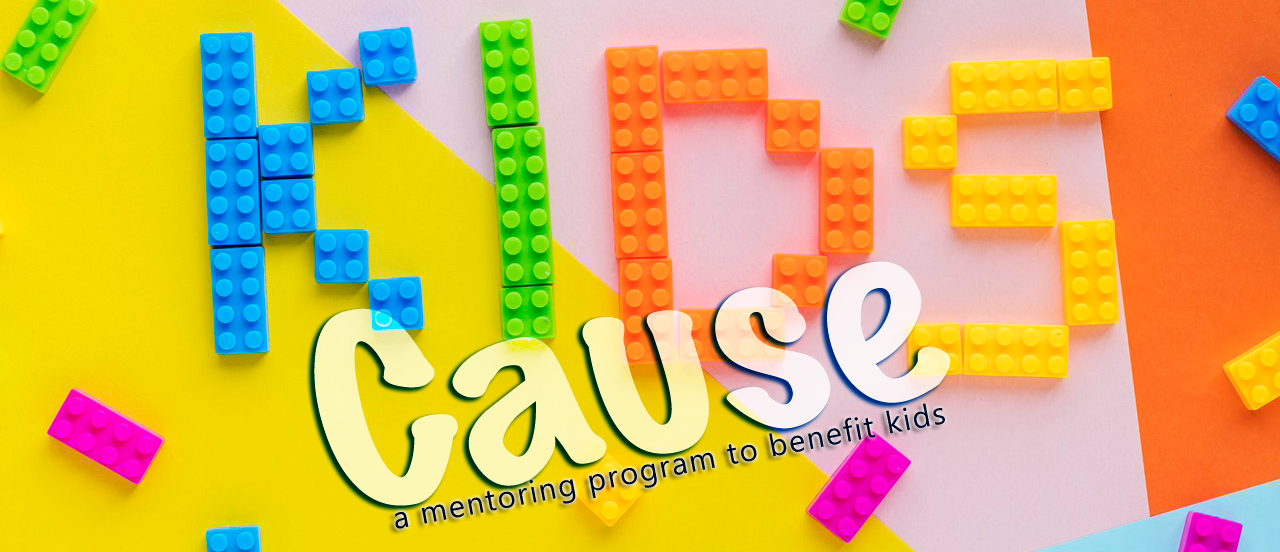How Mentoring Improves the Lives of At-Risk Children
Mentors give children positive models for healthy behaviors and relationships, and they also provide much-needed friendship and understanding, showing them that they’re not alone no matter what their struggles might be. A mentor can raise a child’s self-esteem and give them confidence as well as help them to access services that they need to move forward on the path toward a brighter future.
Here are some statistics from recent research that show just how valuable having a mentor can be:
- Students with mentors have much lower truancy rates: They’re 52% less likely to skip school compared to their peers. They also earn higher grades, and the likelihood that they will participate in after-school activities is 81% greater.
- Mentored children are less likely to engage in violent behaviors or to be disciplined for behavioral problems at school. One study showed that girls with mentors were four times less likely to engage in antisocial behaviors such as fighting or bullying.
- Mentees are 78% more likely than non-mentored peers to volunteer in their community, helping to improve the quality of life in their neighborhoods.
- The likelihood of an at-risk youth enrolling in college is 55% greater for those who have a mentor in their lives.
- Having a mentor makes a child 46% less likely to try illegal drugs and 27% less likely to try alcohol.
With the support of their mentors, at-risk youth can gain the skills to overcome the challenges that stand in the way of their success. They also gain confidence that enables them to set more ambitious goals and then strive to achieve them: With hope, determination, and the encouragement of their mentors, these children can go on to do great things, from inventing life-saving devices to making the next great scientific breakthrough to becoming the great societal leaders of tomorrow.
The mentor-mentee relationship doesn’t have to end after high school graduation, either. Many of our mentees maintain lifelong friendships with their mentors, and in turn, the mentors may offer guidance as they enter the workforce, teaching them about professionalism and the basics needed to get a job and fare well in the workplace. Some are even able to connect their former mentees with job openings or
In addition, children who have mentors today are very likely to give back to their community tomorrow by becoming role models for those who come after them. In fact, research has shown that as many as 90% of youth who have experienced the benefits of having a mentor become interested in being a mentor themselves, reaching back to lend a helping hand to their younger peers as they follow the positive example set by their own mentors.
This is why at Kids Cause, one of our primary missions is to provide mentors for children and teens at risk. These important benefits can help each child we work with to reach his or her full potential.
